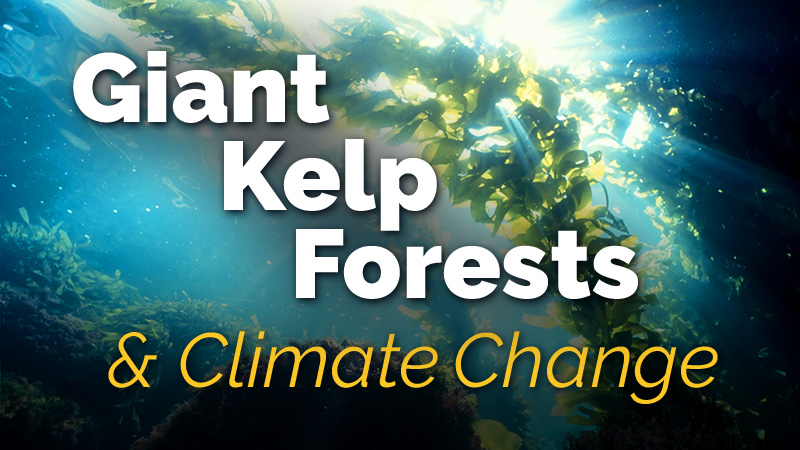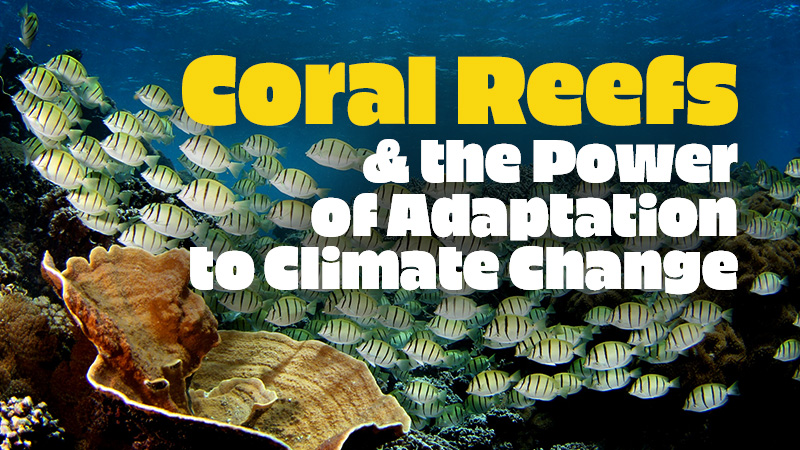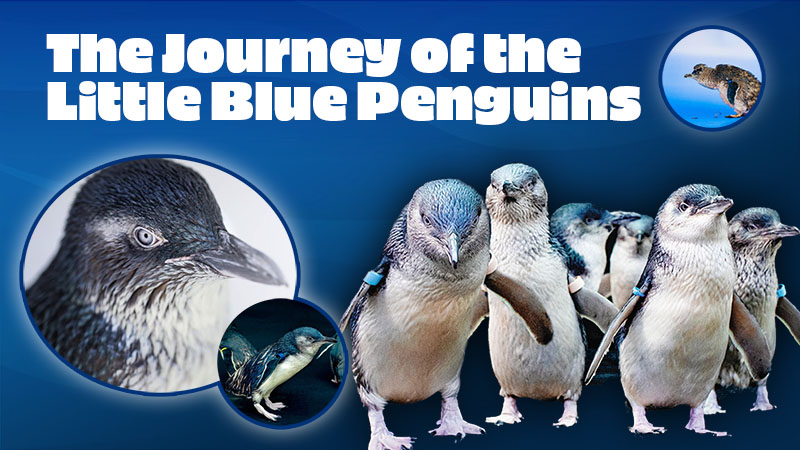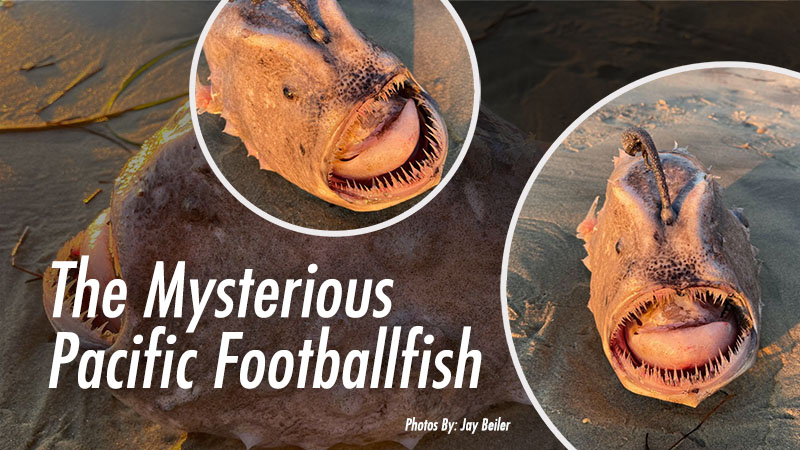-
Rain from a River in the Sky

Have you ever heard your local weather forecaster mention terms like “pineapple express” or “atmospheric river”? These intriguing phenomena might sound whimsical, but they play a crucial role in our weather patterns. So, what exactly are they, and is global warming to blame? What is an Atmospheric River? An atmospheric river is like a giant, […]
-
California Against the Sea: Communicating Sea Level Rise

Join Los Angeles Times environment reporter Rosanna Xia and Scripps Institution of Oceanography coastal resilience specialist Laura Engeman as they discuss the science and impacts of sea-level rise in California. Xia, a Pulitzer Prize finalist, reads from her book “California Against the Sea,” which recently won the Golden Poppy Award for nonfiction. Engeman explains how […]
-
Art and Science: Understanding the Effects of Climate Change on Kelp Forests

Southern California’s giant kelp forests, composed of rapidly growing large brown algae, are among the most productive ecosystems on the planet. These underwater forests support a diverse array of life, forming a vibrant community that thrives within them. Kelp forests anchor themselves atop rocky reefs, a place where few other plants can establish, thanks to […]
-
The Secret of the Red Tide

Why does the stunning bioluminescence in the ocean, often described as ‘sea sparkle’ or ‘milky seas’ and known for its beautiful blue-green glow at night, appear so different during the day? Commonly referred to as red tide, the ocean water appears murky, often with a brown or red tone. In some parts of the Pacific […]
-
Behind the Scenes of a Unique Ocean Research Simulator

As our climate continues to change, researchers need to understand the complicated chemical, biological, and physical processes that occur at the boundary between the ocean and the atmosphere. The Scripps Institution of Oceanography has a unique tool that allows scientists to simulate varying ocean environments by controlling winds, waves, water chemistry, temperature, light and more. […]
-
Coral Reefs Adapting to the Warming Waters of Climate Change

Coral reefs cover less than 1% of the Earth’s surface, yet are estimated to support 25% of marine biodiversity. For the millions of people living adjacent to coral reefs, this productive ecosystem provides important shoreline protection and critical food. Global climatic changes are altering the structure and functioning of many reef ecosystems. Scripps Institution of […]
-
Scientists and City Planners Work Together to Combat Climate Change

With the increasingly growing threat of climate change, coastal regions are more susceptible to a host of risks to the natural environment and our quality of life as a result. Our beaches and coastal bluffs are being eroded by ocean storms and sea level rise, ongoing drought leaves us vulnerable to wildfires and habitat and […]
-
Little Blue Penguins Find New Home at Birch Aquarium

They are known for their big personalities and rather small stature. Standing less than 12 inches tall and weighing around 2 pounds, Little Blue Penguins are the smallest species of the flightless bird. While the population of Little Blues is considered stable in most locations, declines have been observed in some areas. While in the […]
-
The Story Behind the Elusive Pacific Footballfish

It looks like something out of a science fiction movie. A black blob with nightmarish spiny teeth, small black eyes, and prickly skin. A monster that never sees the light of day, using a bio-luminescent bulb swinging from its head to not only light its path, but also attract prey as well. The Pacific Footballfish […]
-
Bracing for Fire When the Wind Blows
As recent events have shown, strong winds can spell disaster, even without the presence of fire. But when a fire does occur, the ALERTWildfire camera network deployed across the region provides rapid confirmation of emergency wildfire 911 calls, situational awareness, and in the worst-case scenarios, real-time data to help sequence evacuations. ALERTWildfire is a consortium […]